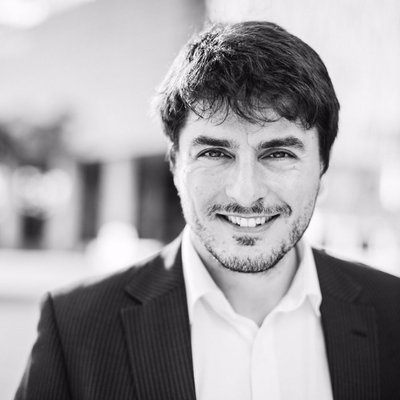Macron's call not to "humiliate" Putin, echoes the widespread view that the humiliation of Germany after WW1 at the Treaty of Versailles paved the way for WW2.
There is a problem though: this idea is much contested by historians.
A 🧵 https://t.co/YRFoVsG7l7

The issue may not be so much about the Treaty itself than about Germany's ability to deny it lost the war (you read it correctly!). It led to its perception of the unfairness of the settlement. https://t.co/BMKCpvavVq

The end of the war was seen in Germany as a simple ceasefire, not as the capitulation it was, de facto. It is credibly this fact that led to the rejection of the Treaty of Versailles by the German public, not a specifically harsh content in the treaty itself. https://t.co/yZWHGW8eag


Against the commonly held view, the problem with the Versailles Treaty may very possibly be that it was not harsh enough, and did not reflect the outcome of the war. The Treaty was eventually not enforced and Germany started re-arming before the arrival of Hitler. https://t.co/AWVhB9cH0G

The view that the Treaty of Versailles paved the way for WW2 has been associated with Keynes' famous warning, even though its relevance is much criticised by scholars. https://t.co/A4MMRrFosW

In short, Macron's reference to WW1 is most likely ill-thought. Germany's humiliation did not lead to WW2. And it is a poor guide for today's conflict. For a non-academic article:
https://www.historynet.com/failed-peace-treaty-versailles-1919/
In any case, the idea that one should avoid "humiliating" dictators when they launch a military conflict is ill-conceived. Authoritarian regimes react to the balance of power, not to calls for mutual respect from democracies. End 🧵
https://twitter.com/FHeisbourg/status/1533410760155701248?s=20&t=M8KI-pTgrgbkPt5RCW_4zg
